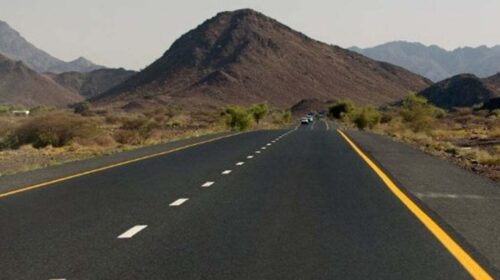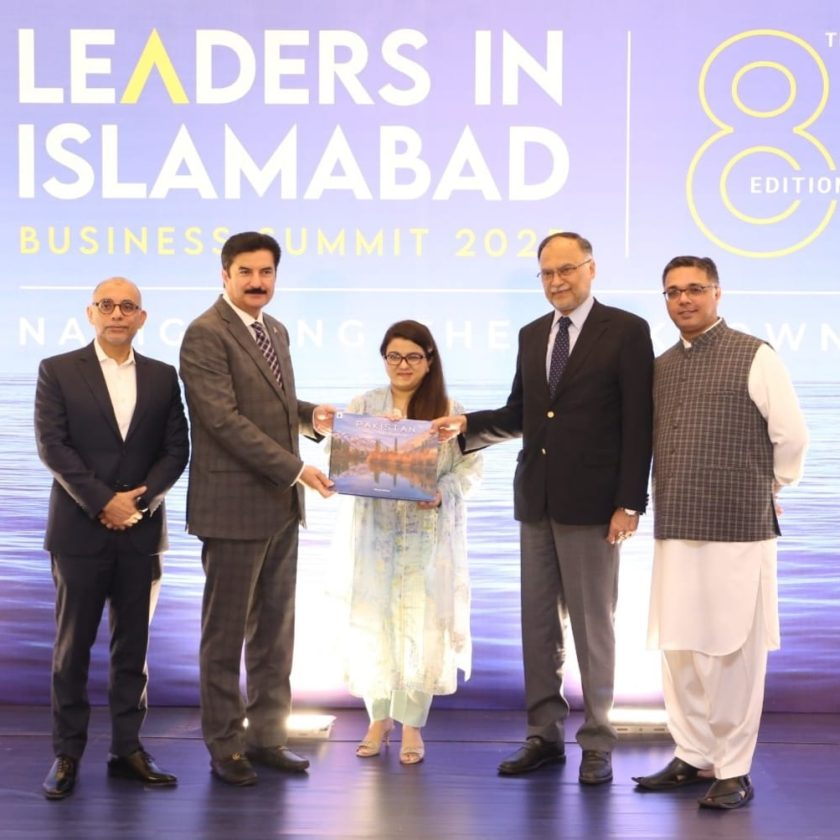The Punjab Public Private Partnership Authority (PPPA) may execute different mega projects, especially in agriculture, infrastructure and renewable energy sectors worth Rs 150 billion.
These projects included construction of a modern and planned agri market in Gujranwala, setting up of cold chain facility, energy generation from solar and biomass, solar street lighting on southern loop of the Lahore Ring Road, construction of 500-bedded hospital, Multan-Vehari Road and Faisalabad Chiniot Sargodha Road.
“We are looking forward to international donor agencies to play their role in funding these projects instead of merely restricting themselves to financing feasibility studies,” said Amjad Ali Awan, CEO Punjab PPPA, while talking to Business Recorder on Monday.
He said the concept of public-private partnership is being pursued as government has limited financial resources and infrastructure suffers more due to paucity of funds. It is the private sector which can execute the project on commercial lines with the government contributing to it through providing land or any other form of equity.
“We are focused on such projects which should be commercially viable and can lead to its replication in other parts of the province,” Amjad added.
Amjad said till date the Authority had executed Rs 44 billion projects including water-metering by Wasa and others. He said we encourage private sector and play the role of vigilance so that people can get quality service and both public and private sector can have a certain profit on it.
He said they are planning a modern agricultural commodity market in Gujranwala having all the integrated services for the farmers, sellers and buyers. Lot of our commodities perished due to unfavorable conditions at the present markets adding to post harvest losses. The government will contribute land while rest will be built by the private sector. Similarly, there is a project for setting up cold chain to ensure longer shelf life of different fruits and vegetables and ensure exports to earn foreign exchange of the country.
Both these projects are in the phase of feasibility and soon they will be executed. Similarly, he said they are planning a project with WASA to consume the urban solid waste being generated in the city for energy generation. This will be a 30-40 mw project consuming at least 3000-3500 tons of waste out of the total 55,000-65,000 tons of waste generated in the city. This will help reducing the burden on dumping site besides providing energy.
The CEO said that unfortunately Pakistan’s private sector was not that deep and only 10-15 people finance such huge projects. There was also a challenge of trust too in the PPP mode besides political stability. That was why we had planned to motivate IFC or World Bank to come into the project financing.
To meet the challenges posed to PPP mode, the provincial government has protected such investment through Act of the Parliament and this act defines role of different institutions and departments. Similarly, a risk management unit housed in the finance department is also on board to figure out contingent liability of the project, if any.





